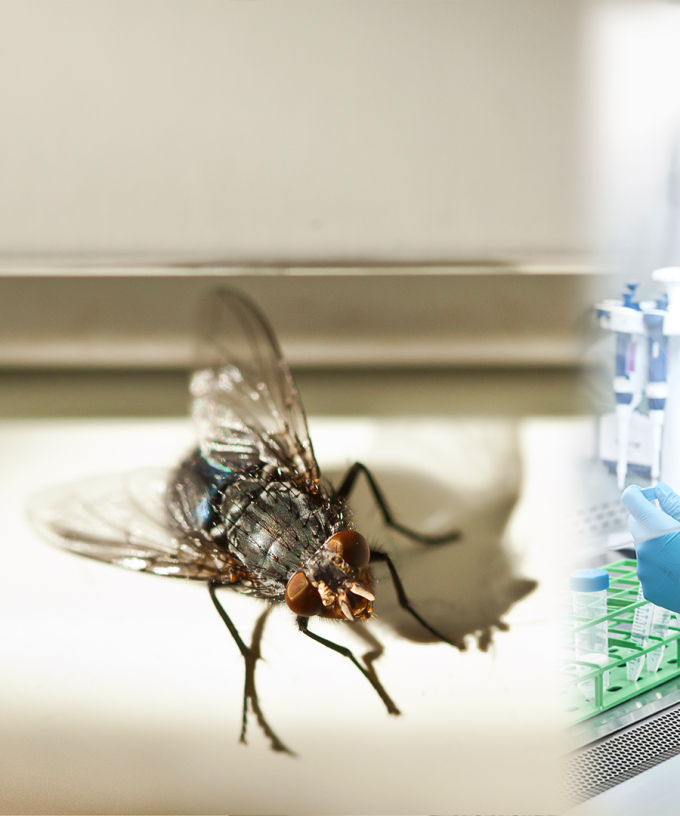Australian scientists are trying to breed a super fly that can produce up to a hundred times more offspring than a regular fly, with the larvae to also be used as animal food.
Using genetic technology, researchers from James Cook University are working with a Queensland fly farm to try to breed a more productive fly whose larvae grow faster.
“It is a superfly that has high value in terms of protein content, in terms of the larvae that we then can supplement … into animal feed,” project leader Kyall Zenger told AAP.
The researchers would use natural variation in the population, picking the best flies as potential parents in breeding programs, Professor Zenger said.
They are collaborating with Flyfarm Queensland to solve the challenges facing the industrial scale-up of Australian black soldier fly farming.
“You need to know what’s happening on-farm, which family is contributing to who, what genetics are passed on to each generation and are you maintaining the best genetics on farm,” Prof Zenger said.
“You’ve got thousands of flies together, do they all breed together or only a few males and a few females? If that happens, you might get inbreeding over time and … a genetic reduction of performance.”
FlyFarm co-founder Constant Tedder said there was scope to do more with waste from industries like horticulture and food and beverage.
“There is a giant opportunity to do better with waste, to reduce landfill and emissions and generate value by producing sustainable locally produced protein to feed pets and aquaculture,” said Mr Tedder.
Similar to other agricultural production systems, Prof Zenger said he’s hoping to develop larger volumes of bigger larvae.
“It’s a win-win situation, reducing waste and producing a new viable product that is sustainable and has high economic value,” he said.
It follows a similar research project announced by the University of Queensland in August which aims to produce better waste-munching flies.







